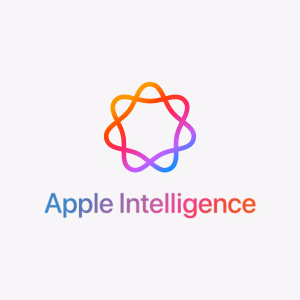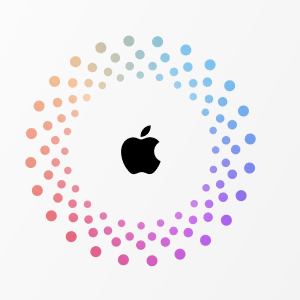Apple’s latest software test build, iOS 26.1 beta, has revealed new details about AI integrations coming to iPhone. Strings of code inside the beta suggest that Apple is preparing to allow third-party AI models to connect with system apps and Siri, extending the capabilities of Apple Intelligence.
Developers examining iOS 26.1 beta 3 found references to “AI assistants,” “external responses,” and “developer reasoning access.” These indicate that Apple is building a framework for outside AI tools that can operate securely within iOS.
The company has not officially commented, but these changes align with its broader goal of expanding artificial intelligence on iPhone while keeping strict control over privacy and user data.
iOS 26.1 beta AI integrations could allow developers to embed specific AI features, such as summarization, translation, or text generation, directly into their apps. All interactions would still follow Apple’s on-device processing model, ensuring data remains protected.
Early Signs of Developer Access
Developers have identified new APIs related to Siri and Apple Intelligence inside iOS 26.1 beta. This may mark the beginning of controlled third-party access to Siri’s capabilities, something developers have requested for years.
Allowing limited integration would make it possible for apps to use AI features in native contexts—similar to how extensions or widgets work. These integrations could expand iPhone productivity tools without compromising Apple’s privacy standards.
Aligning With Apple’s Privacy Model
Apple has repeatedly said that its AI roadmap centers on privacy and transparency. Instead of opening unrestricted access to external models, the company focuses on local computation and encrypted connections for tasks requiring the cloud.
Any third-party AI connection inside iOS 26.1 would likely require explicit user consent and Apple’s approval through the App Store review process. This ensures that AI models operate within controlled boundaries and that personal data is never used for training.
Preparing Developers for Future Releases
Apple often seeds technical groundwork months before unveiling public features. The iOS 26.1 beta framework likely serves as preparation for iOS 27, allowing developers to experiment and report early feedback.
This phased rollout helps Apple maintain stability across devices while adapting to new AI tools. Developers can begin exploring lightweight AI plug-ins and performance optimizations, giving Apple insight into real-world use before wider adoption.
What iPhone Users Can Expect
If these iOS 26.1 beta AI integrations evolve into a full release, iPhone users may gain access to more personalized assistants and smarter app extensions. Potential examples include context-aware writing aids, voice-based creative tools, or enhanced Siri shortcuts powered by external models.
Apple will likely maintain control over approval, privacy, and presentation of any integrated AI. For users, this could mean a more open yet still secure environment for experimenting with artificial intelligence on iPhone.
The discovery of iOS 26.1 beta AI integrations marks another step toward Apple’s balance between innovation and privacy. It shows the company’s intent to compete in AI without giving up the safeguards that define its ecosystem.
















